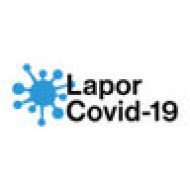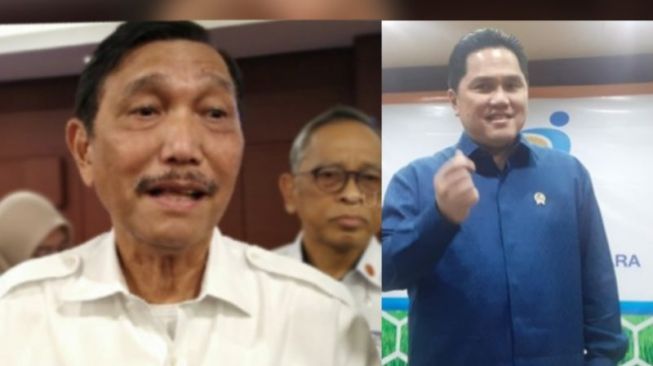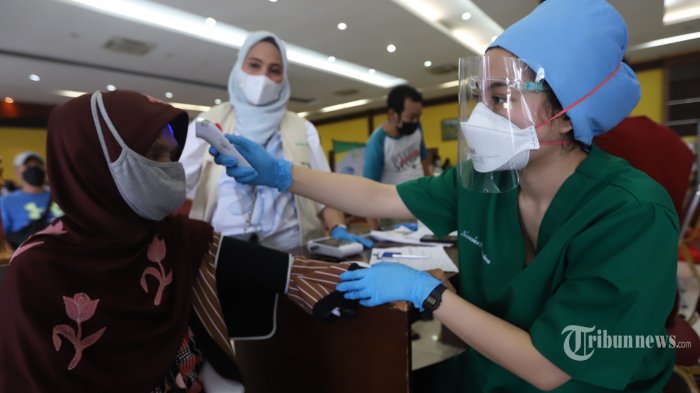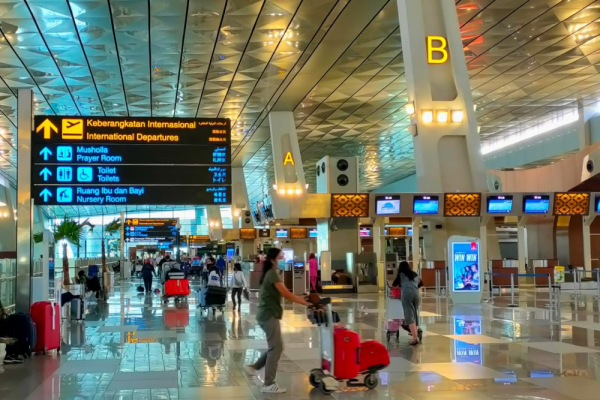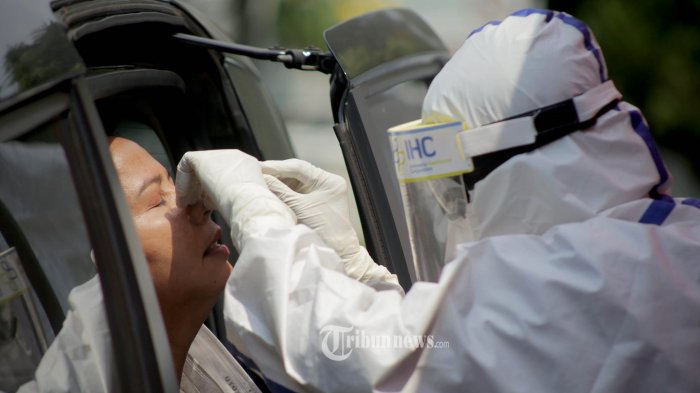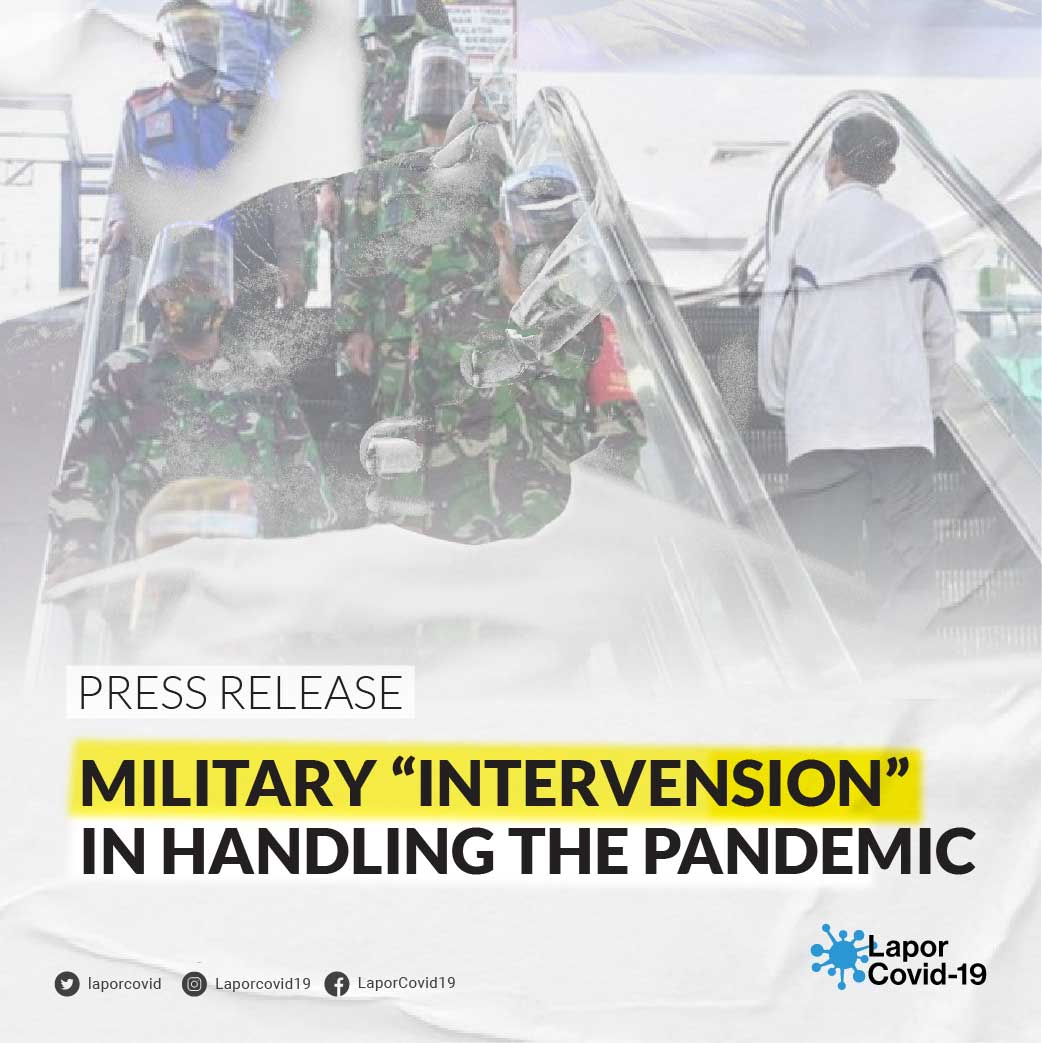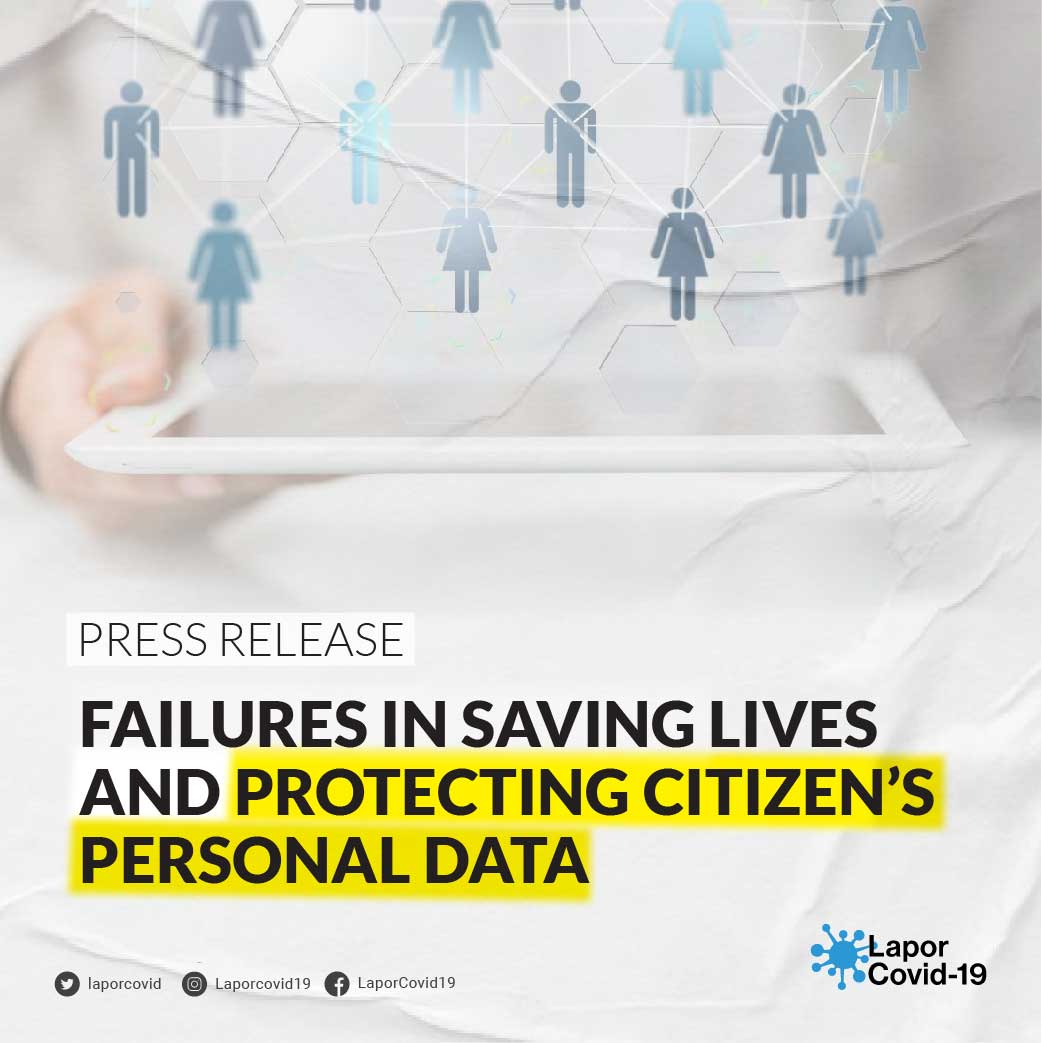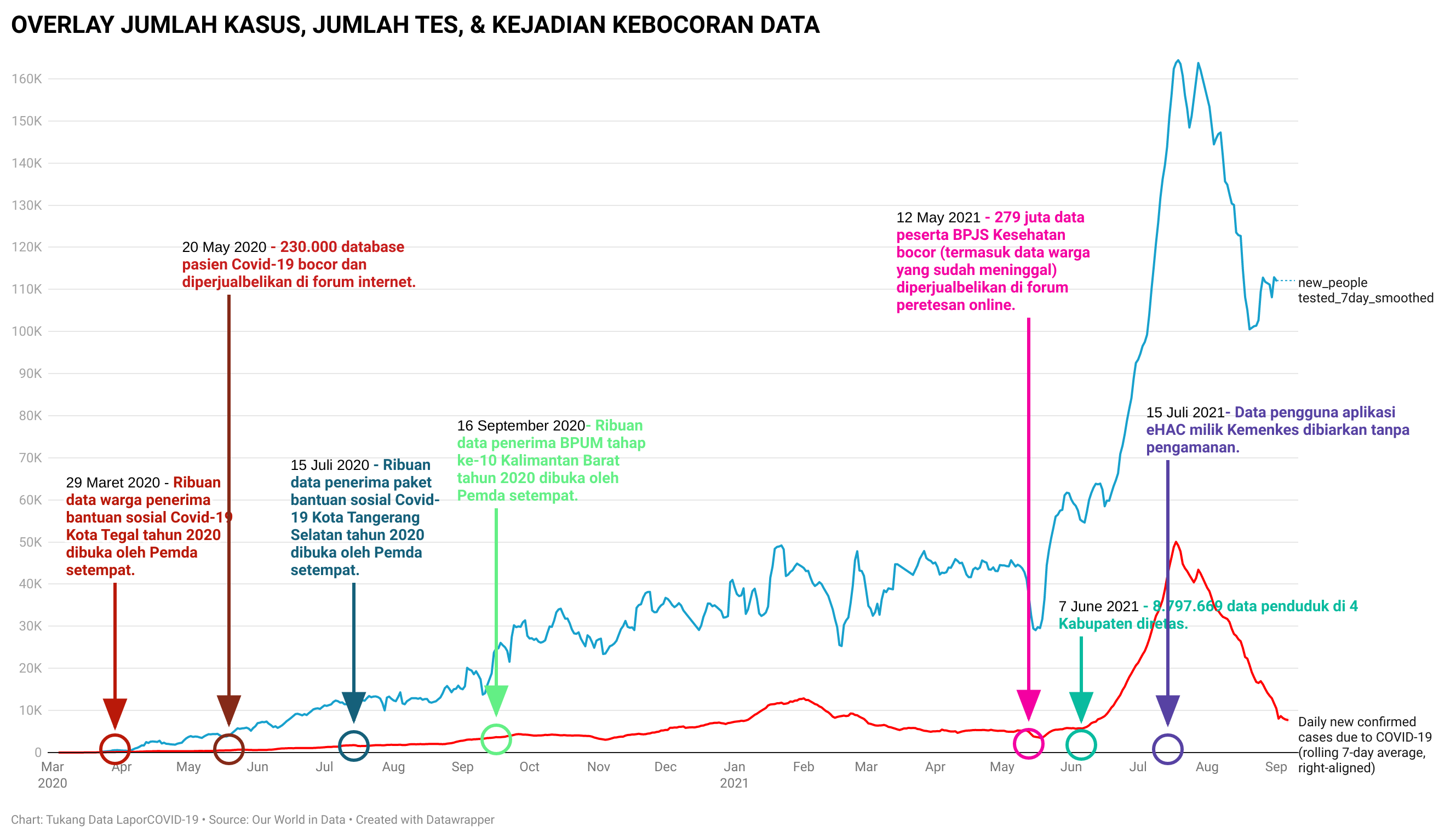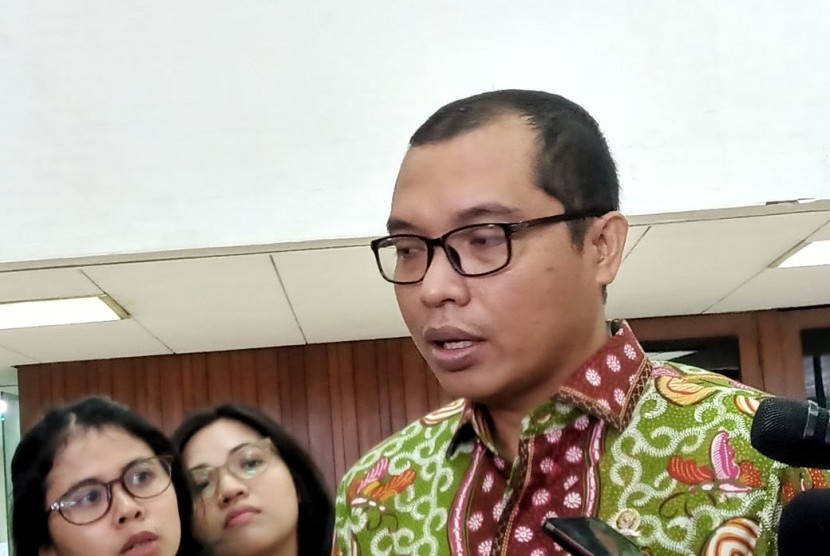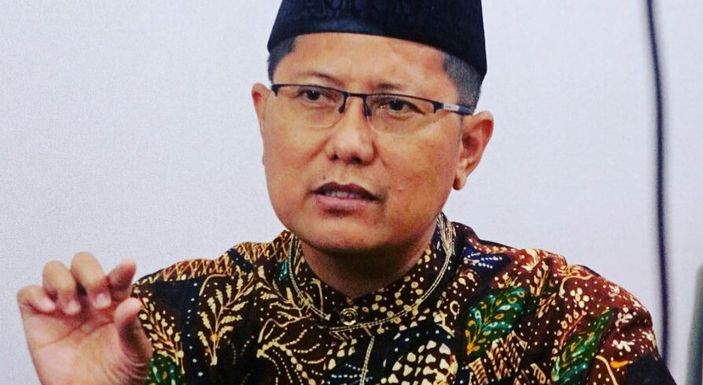PRESS RELEASE
Military Intervention in Handling COVID-19 Pandemic in Indonesia: Imposition of Problems in the Management of Health Care, Public Behaviour, and Social Assistance
Military Involvement in the COVID-19 Management in Indonesia
In the wake of the COVID-19 pandemic, the Indonesian Government involved the military institution in responding to the emerging outbreak and taking control of the situation, to ensure that COVID-19 cases are handled through organised, systemic managerial mechanism. This therefore involved the creation of COVID-19 task force consisting mostly of military personnel (see figure 1) which historically has an institutionalised form of control and management in carrying out their tasks.
The structure of the Covid-19 Task Force, which detailed in Presidential Decree No. 7/2020 and its amendments in Presidential Decree No. 9/2020, is heavily militarised, evident in the number of military personnels structuring the organisation, which although having tracked records in handling natural disasters, however, little is known about the management in the emerging diseases and illness, such as COVID-19. LaporCOVID-19 argues that more involvement from the healthcare personnel is required to instigate a more public health-centric approach in the management of emerging outbreak, which should also be reflected in its ad-hoc organisations
